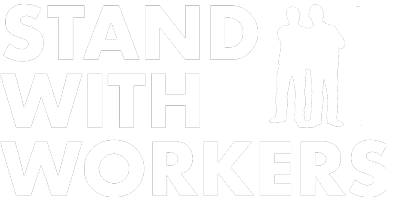By Mark Janus — July 1, 2018
Mark Janus was the plaintiff in Janus v. AFSCME.
My home state of Illinois is in financial free fall. The state has billions of dollars in unpaid bills, has unbalanced budgets and is bleeding people and money.
A state doesn’t get into a mess like this overnight. It’s the result of many seemingly small decisions over many years. It’s for that reason that I fought to not be part of that mess — all the way up to the Supreme Court.
In 2017, as media pundits wondered whether Illinois would be the first state to have its credit rating downgraded to junk status, I watched the American Federation of State, County and Municipal Employees (AFSCME) union lobby for higher taxes to pay for higher salaries and benefits for government workers such as me. Certainly, my salary wasn’t the cause of the state’s financial woes, but when you consider that I have had a raise almost every year I have been working for the state — and that I work alongside more than 35,000 other state employees — you can begin to see how that might affect the state’s bottom line. That’s in addition to the incredibly generous, taxpayer-funded pension offered to state workers — an average of $1.6 million per state employee, according to a report from the Illinois Policy Institute.
Decisions about government workers’ salaries and pensions aren’t made independently by elected officials who are unaware of the state’s empty bank accounts. The raises and benefit increases are pushed by government labor unions that have lobbied for the authority to negotiate on behalf of government workers. In 22 states, government workers like me — as well as police officers, firefighters and teachers — are required to pay fees to these unions to negotiate on our behalf, even if we don’t want to be members or we don’t support what they negotiate.

